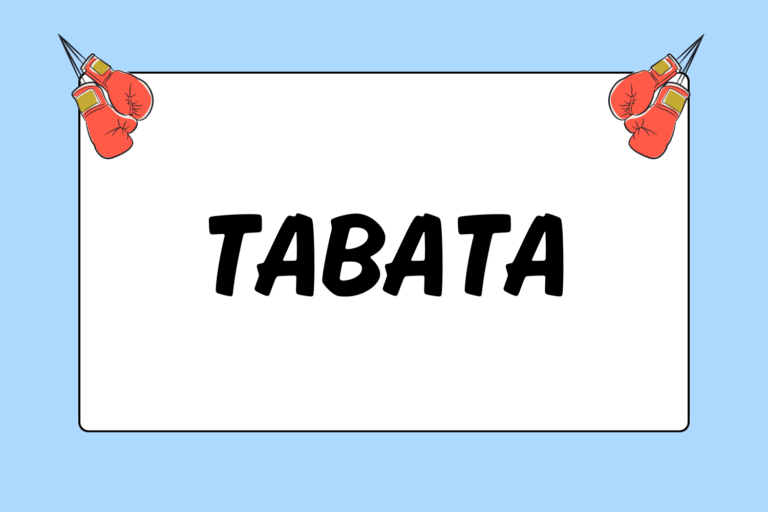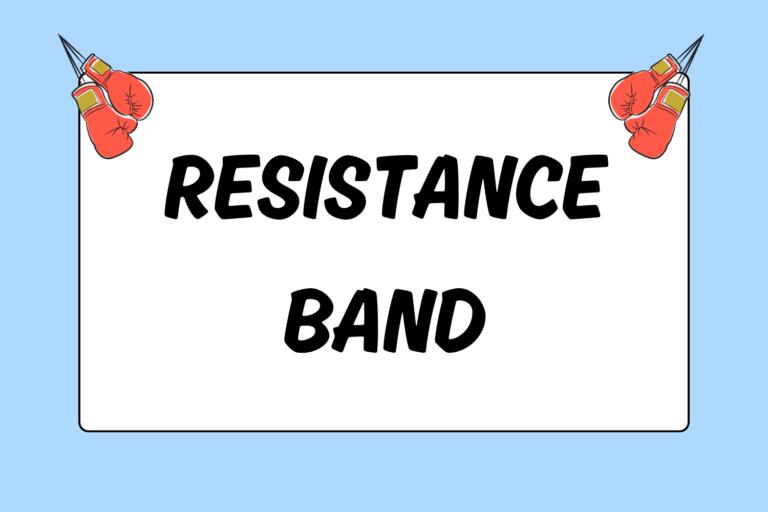A lot goes into planning a professional championship fight. Athletic Commissions, promoters, and managers all negotiate the location and logistics. The fight would mean nothing, though, without a sanctioning body confirming the legitimacy of the championship at hand. Alphabet soup bodies have popped up over the past hundred years in an attempt to expand the number of marketable world champions. There are four sanctioning bodies regarded as the cornerstones, though. This guide briefly reviews each of these bodies to provide some clarity to the term, “world champion.”
The Role of a Sanctioning Body
Simply put, sanctioning bodies have two roles:
- Sponsor championship bouts.
- Award titles (belts).
The idea of official sanctioning bodies dates back to the beginning of the 20th century. Various bodies were established throughout the past century, yet the four bodies summarized below are often considered the most legitimate.
World Boxing Association
The World Boxing Association (WBA) is the oldest of the four major bodies. Its origins can be traced back to 1921 when the National Boxing Association was first formed to offset the influence and power of the New York State Athletic Commission.
The National Boxing Association changed its name to the World Boxing Association in 1962 in order to acknowledge boxing’s growing international presence. The headquarters for the organization are currently in Panama.
The WBA recognizes the importance of the other sanctioning bodies and refers to champions who hold at least two of the four main belts as “undisputed champions.” Under WBA rules, “super champions” are fighters who hold a WBA title and one or more titles from another sanctioning body (International Boxing Federation, etc.). A super champion’s regular WBA title becomes vacant. Thus, there can be two WBA champions in one weight class. One boxer could hold the title in a weight class as a “WBA Super Champion,” while the other simple exists as the “WBA Champion.”
Fun Fact:
You can buy electric glove dryers to speed up the cleaning process. These stands allow your gloves to air out and dry completely without the possibility of overheating or catching fire — as would be the case if you left a hair dryer inside of your glove. Such stands also can dry headgear and shoes. The only downside is that most dryers run at a high price — usually around $100.
World Boxing Council
The World Boxing Council was founded in Mexico in 1963, and it originally included 11 members. The flags of the original members are still displayed in the official WBC logo. Since its inception, the organization has expanded to include 161 countries.
The organization is associated with nine regional governing bodies. The WBC has also played its part in making women’s boxing more popular by recognizing champions in 16 weight classes.
International Boxing Federation
The International Boxing Federation (IBF) began in 1977 as an American organization known as the United States Boxing Association (USBA). The body existed as a domestic organization until 1983 when it decided to expand and sponsor fights on the international stage. The resulting body was known as the United States Boxing Association-International (USBA-I), which was renamed the International Boxing Federation in 1984. The goal of the federation has always been to provide up-and-coming fighters the opportunity to showcase their talents on an international level by using an unbiased ranking system.
World Boxing Organization
The World Boxing Organization is headquartered in Puerto Rico. The body was created in 1988 when several Puerto Rican and Dominican businessmen sought out other possibilities after disagreeing with changes to the World Boxing Association (WBA). The motto of the organization reads, “Dignity, Democracy, & Honesty.”
The WBO ranks boxers on an international level, but also creates regional rankings under the following sub-bodies: The North American Boxing Organization, the Latino WBO, and The Asian-Pacific WBO. In its first 20+ years, numerous legendary fighters have hoisted a WBO title belt.
Fun Fact:
Manny “Pac-man” Pacquiao is the only professional boxer to ever hold titles in eight different weight classes. He won his first title in the Flyweight (112 lb) class and his most recent title in the Super Welterweight (154 lb) weight division.
Champions Across the Globe
The four bodies discussed above are the only four organizations recognized by the International Boxing Hall of Fame. Champions under different sanctioning bodies often fight in what is known as a “unification bout.” Such bouts generally market well to the public despite the fact that boxing is no longer as popular as it used to be. Boxing aficionados often argue that the bodies should converge, but politics will likely make this impossible. Regardless, champions identified by each of these bodies should be regarded as the most elite boxers in the world.





